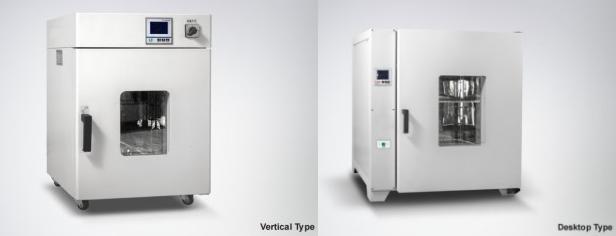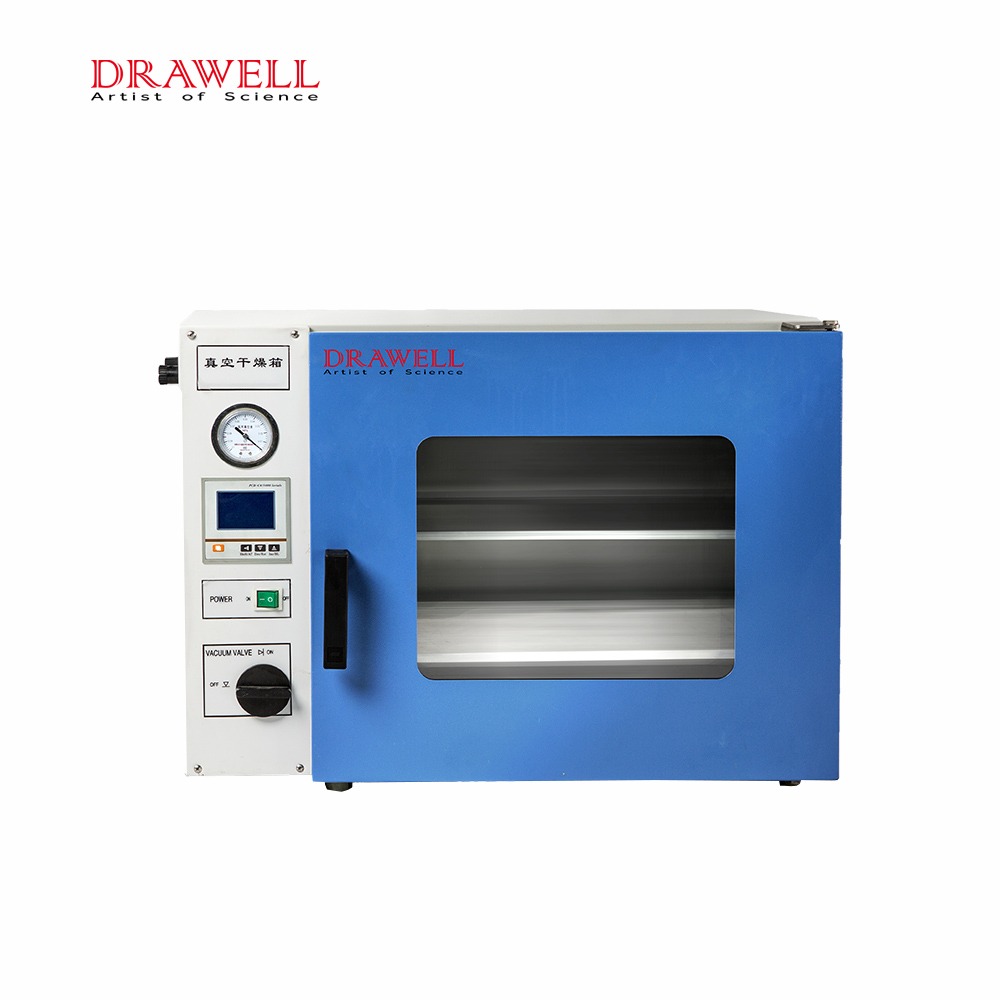Heating incubators are essential tools in biomedical research and development, providing precise temperature control for a wide range of applications. From cell culture and microbiology studies to enzyme assays and protein crystallization, heating incubators play a critical role in ensuring the accuracy and reproducibility of experimental results. This article delves into the significance of heating incubators, exploring their key functions, applications and the pivotal role they play in pushing the boundaries of biomedical knowledge.

What are the Functions of heating incubators?
Heating incubators are one of the most commonly used types of incubators that maintain a constant and controlled temperature environment. They are typically used in laboratories to cultivate cells, grow microorganisms, and perform various biochemical reactions. Heating incubators come in a variety of sizes and configurations to meet the specific needs of different applications.
Why use heating incubators in biomedical research?
At the heart of biomedical research lies the study of cells – the fundamental building blocks of life. Heating incubators create an environment conducive to the growth and observation of cells, tissues, and microorganisms. By maintaining precise temperature, humidity, and gas conditions, these incubators emulate the ideal physiological environment necessary for cell culture, allowing researchers to conduct experiments with unparalleled precision.
How do heating incubators work?
Heating incubators work by using a combination of heating elements, fans, and sensors to maintain a consistent temperature inside the chamber. The temperature can be set to a specific value and monitored using a digital display. Some heating incubators also have humidity control features.

What are Applications of heating incubators
Heating incubators are used in a wide variety of biomedical research and development applications, including:
- Cell culture: Heating incubators are essential for culturing cells in vitro. Cells are grown in a sterile environment at a controlled temperature, typically 37°C, to mimic the conditions inside the body.
- Microbiology: Heating incubators are used to grow microorganisms, such as bacteria and fungi, under controlled conditions. This allows scientists to study their growth patterns, metabolism, and other characteristics.
- Enzyme assays: Heating incubators are used to maintain enzymes at the optimal temperature for their activity. This is important for performing enzyme assays, which are used to measure enzyme activity or concentration.
- Protein crystallization: Heating incubators are used to grow protein crystals, which are necessary for X-ray crystallography studies. X-ray crystallography is a technique used to determine the three-dimensional structure of proteins.
What are the Benefits of using heating incubators
Heating incubators offer several benefits for biomedical research and development, including:
- Precise temperature control: Heating incubators can maintain a constant temperature within a fraction of a degree Celsius, ensuring that experiments are conducted under the most accurate and reproducible conditions.
- Sterile environment: Heating incubators provide a sterile environment that prevents contamination of cells, microorganisms, and other biological materials.
- Versatility: Heating incubators can be used for a wide variety of applications, making them a valuable tool for researchers in many different fields.

Conclusion
Heating incubators are essential tools in biomedical research and development, providing precise temperature control for a wide range of applications. They are used in cell culture studies, microbiology experiments, enzyme assays, protein crystallization, and many other research activities. Heating incubators offer several benefits, including precise temperature control, a sterile environment, and versatility. As biomedical research continues to evolve, heating incubators will remain an indispensable tool for scientists seeking to make new discoveries and develop new therapies.






